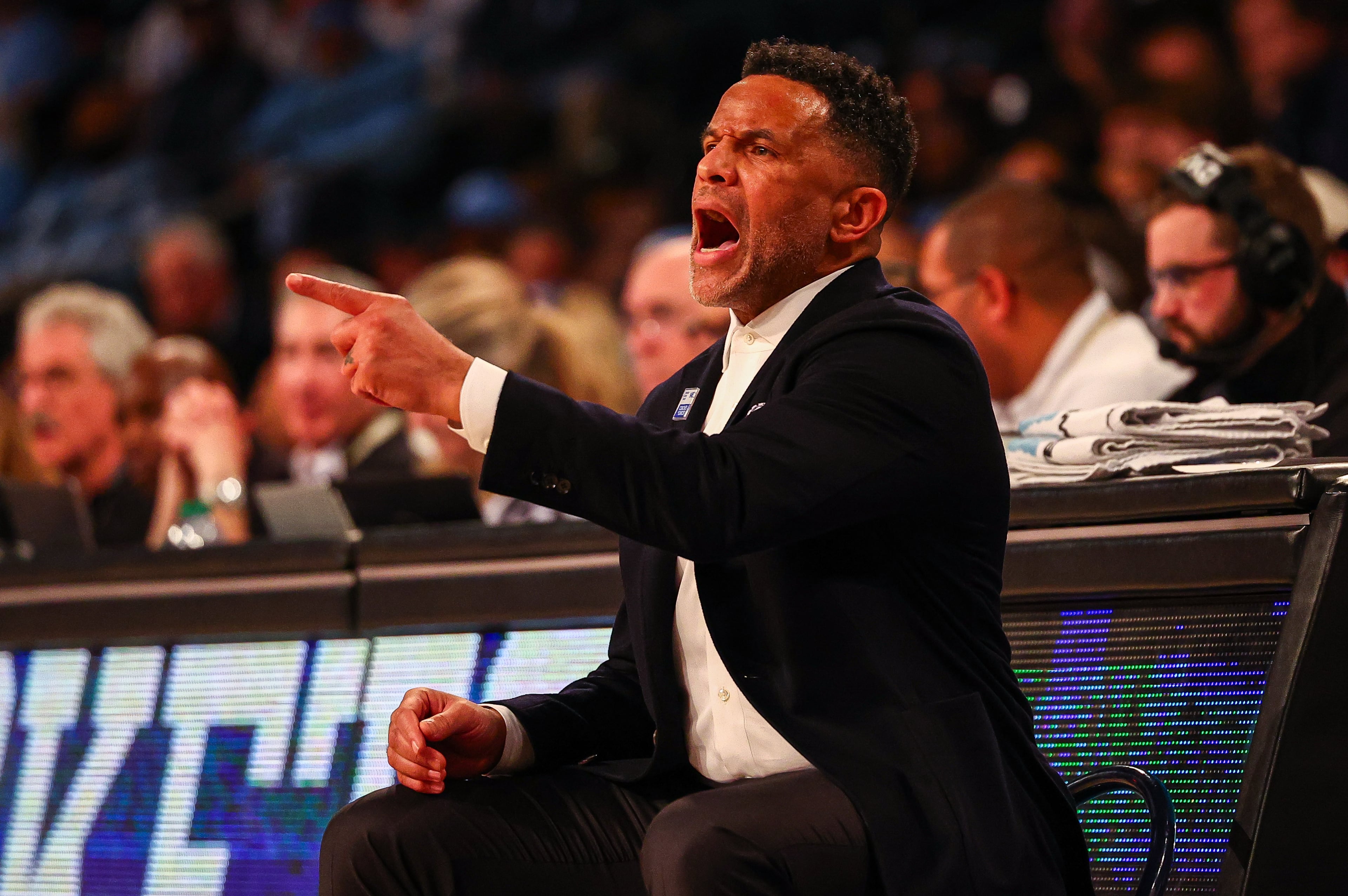At Tech, far more to Matt Kuchar than flap with caddie

The image of Matt Kuchar that some golf fans now hold is at odds with the one that Georgia Tech golf coach Bruce Heppler possesses, and that is a source of frustration for him.
With the speed of a retweet, Kuchar went from likable PGA Tour pro to the guy who stiffed his caddie, a perception that may prove difficult to shake. After winning a tournament in Mexico in November and taking home a $1.3 million paycheck, Kuchar caught heavy flak when he stood by his pre-tournament agreement to pay his fill-in caddie $5,000 rather than extend a bonus. Caddies typically receive 10 percent of a player's winnings.
The story gained legs when he and his camp initially didn’t budge, only eventually agreeing to pay the caddie $50,000 and offering a public apology as the outcry grew. The situation has already been revisited this week at the Masters, where Kuchar was a pre-tournament favorite.
What Heppler would want people to know is “just how generous he’s been and how good he’s been to people,” he said. “He’s just portrayed as not a good guy and that couldn’t be further from the truth.”
Heppler has reason to be in Kuchar’s corner, and not only because he was Heppler’s first recruit at Tech and a three-time All-American. But more so because he has been witness to (and recipient of) Kuchar’s generosity in giving back to Tech and the golf program.
In an interview with the Atlanta Journal-Constitution, Heppler described an alumnus who returns to campus with wife, Sybi, (a former Tech tennis player) frequently and are heavily involved in supporting Tech athletics, particularly the golf and women’s tennis teams. Anywhere that he has coached, Heppler said, former players, even those who are successful on tour, aren’t always so quick to give back and support. Kuchar has donated money and his time to his alma mater “as much as anyone,” Heppler said.
A first-rate practice site near campus had long been a dream for Heppler. Tech received a lead gift from a Tech couple – Tom and Kim Noonan – but Heppler said that the $16 million project wouldn’t have gotten off the ground without the early support of Kuchar and fellow Tech grad and tour veteran Stewart Cink. Heppler said that, in asking for donor support, a question he often hears is if former players are giving. When Heppler could respond that Kuchar and Cink had both made substantial gifts – Heppler described Kuchar’s contribution as “north of a big number” – the rest of the money came easier, he said.
And when Heppler wanted to show his appreciation for Kuchar by putting his name on one of the buildings, Kuchar would relent only if it were named in honor of his family, including his parents.
The Kuchars also have endowed a women’s tennis scholarship at Tech. Sybi is on the board of the Alexander-Tharpe Fund, the athletic department’s fundraising arm. Beyond the gifts for the scholarship and the golf center, they are annual donors. In fact, they recently cleared $1 million in gifts, making them one of just 39 individuals or couples to carry the A-T Fund’s honorific of “Golden Jacket.”
Jim Hall, associate vice president for development, said the Kuchars “continue to support us like clockwork. They’re pushing us on how they can help and do more. They’re trying to have a combined golf-tennis event (for fundraising). The only reason we haven’t done it is us, not them, finding time to do it.”
Beyond their largesse to Tech, the Kuchars also host a golf tournament at East Lake that has raised more than $1.7 million for Camp Twin Lakes, a summer camp in Rutledge for children with serious illnesses, disabilities and other life challenges. They have also been longtime donors to the Ronald McDonald House in Jacksonville, Fla., near their home in St. Simons Island.
Heppler recognized that people may see his defense of Kuchar as unsurprising, given the support that Kuchar has given his former coach. But he stood firm in his conviction that the portrayal of Kuchar as cheapskate and bad guy is flawed.
“That he would go out of his way to stiff the guy and take advantage of somebody – that’s not who he is,” Heppler said. “That’s not the 99.99 percent I’ve ever witnessed.”



